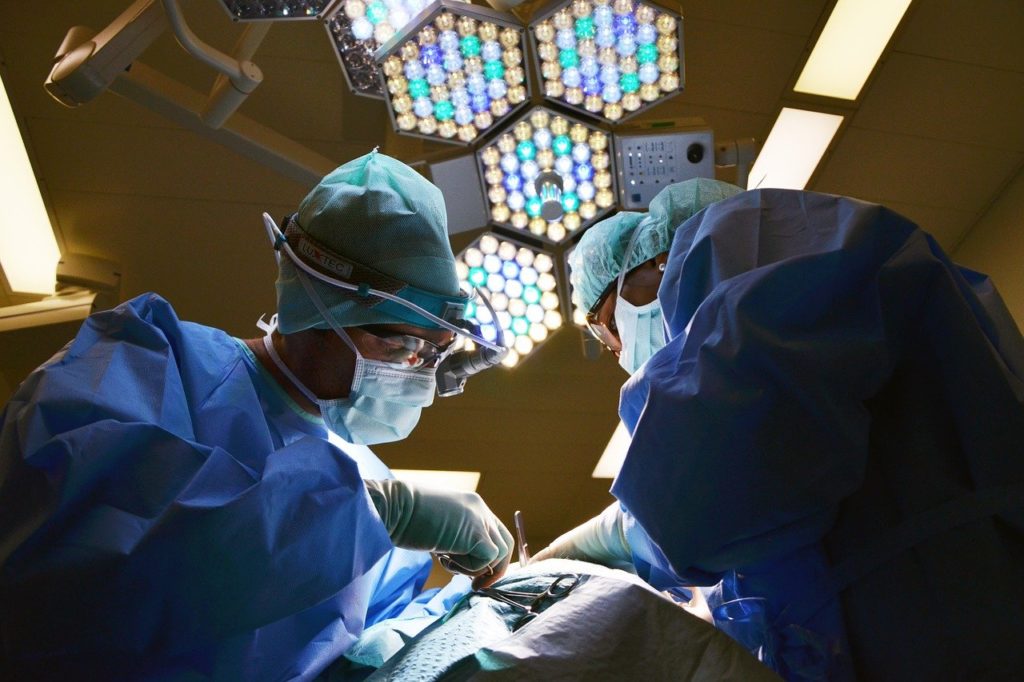Nursing homes do not just serve as a permanent residency for elderly people who can no longer live on their own. They also serve as a temporary residency for anyone who cannot return directly home after undergoing surgery in a hospital. In these cases, the nursing home serves as a rehabilitation facility for people of all ages until they can get back on their feet and return to their homes.
Unfortunately, some rehabilitation patients develop infections at their surgical sites while staying at a nursing home. These infections are typically incision or organ space infections that develop within 30 days after surgery. The Joint Commission estimates about 500,000 surgical site infections develop yearly in the United States. When these types of infections go undiagnosed or are not treated in a timely manner, severe complications develop and can even result in the patient’s death.
Who is at fault in an infected surgical incision case?
If you have lost a loved one as a result of an undiagnosed surgical site infection (SSI), you’re probably wondering who may be at fault. You’re likely asking yourself whether or not the infected surgical incision should have been diagnosed and treated sooner. You likely want to know who is responsible. Most of all, you want answers.
There are typically numerous individuals involved in your loved one’s care during their stay at the nursing home in these nursing home rehabilitation scenarios. These individuals include the doctor that performed the surgery, an attending doctor who cares for your loved one during their rehabilitation, and various nurses and other staff members.
The doctor who performed the surgery is typically not associated with the nursing home. Usually, a follow-up appointment with the surgeon occurs at a later date. Occasionally, the surgeon may receive updates on your loved one’s medical condition from the nursing home staff. Similarly, the attending doctor may not be an employee of the nursing home and may only see your loved one once every 7 – 10 days. In the interim, the attending doctor will also rely on reports from the staff at the nursing home. During this time, the nursing home staff serves as the most regular source of care for your family member. Therefore, it is up to the nursing home staff to look for signs of wound infection.
However, this does not mean that the nursing staff is primarily at fault for missing signs of infection after surgery.

What is a nursing home’s responsibility when it comes to looking for signs of infection after surgery?
While the nursing home staff does not make primary diagnoses, they should be trained in recognizing the signs and symptoms of an infection so they can report them to your loved one’s attending doctors. Therefore, the staff’s liability depends on what they were (or were not) reporting to the patient’s attending doctors concerning their condition.
According to the Federal Nursing Home Reform Act, §483.10(g)(14), a nursing home must immediately inform the resident; consult with the resident’s physician; and notify the resident’s representative when there is a significant change in the resident’s physical, mental, or psychosocial status. A significant change refers to any deterioration in health, mental, or psychosocial status that can be deemed life-threatening or cause clinical complications. Therefore, the failure of staff members to recognize or report signs of a severe infection could make them liable for nursing home medical malpractice, especially if the condition goes undiagnosed or untreated. The symptoms of surgical wound infection that staff should be looking for include redness, swelling, a wound that is painful to touch, or is oozing, among other signs.
There are cases where nursing home staff may have appropriately reported the signs of an infection to your loved one’s attending physicians but those doctors who failed to act on those reports. Perhaps a doctor examined your loved one but missed the signs of wound infection, failed to diagnose it properly, and did not treat the infected surgical incision. In these instances, it could be your loved one’s attending physician who is primarily at fault. In some cases, everyone, including the doctor and the nursing homes staff, may be liable for medical malpractice.
Expert advice is necessary in surgical wound infection cases.
To fully comprehend who is at fault when an infected surgical incision goes untreated in a nursing home, it will be necessary to consult with medical experts and attorneys with experience in these types of cases.
The team of wrongful death nursing home attorneys at the Thistle Law Firm has the experience and knowledge necessary to handle nursing home infection cases. If you have lost a loved one due to an untreated and undiagnosed infection at a Pennsylvania nursing home, the attorneys at the Thistle Law Firm are here to help. Call us today at 215-525-6824 or fill out our form for a free consultation on your case.

